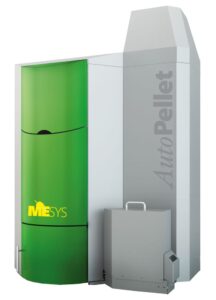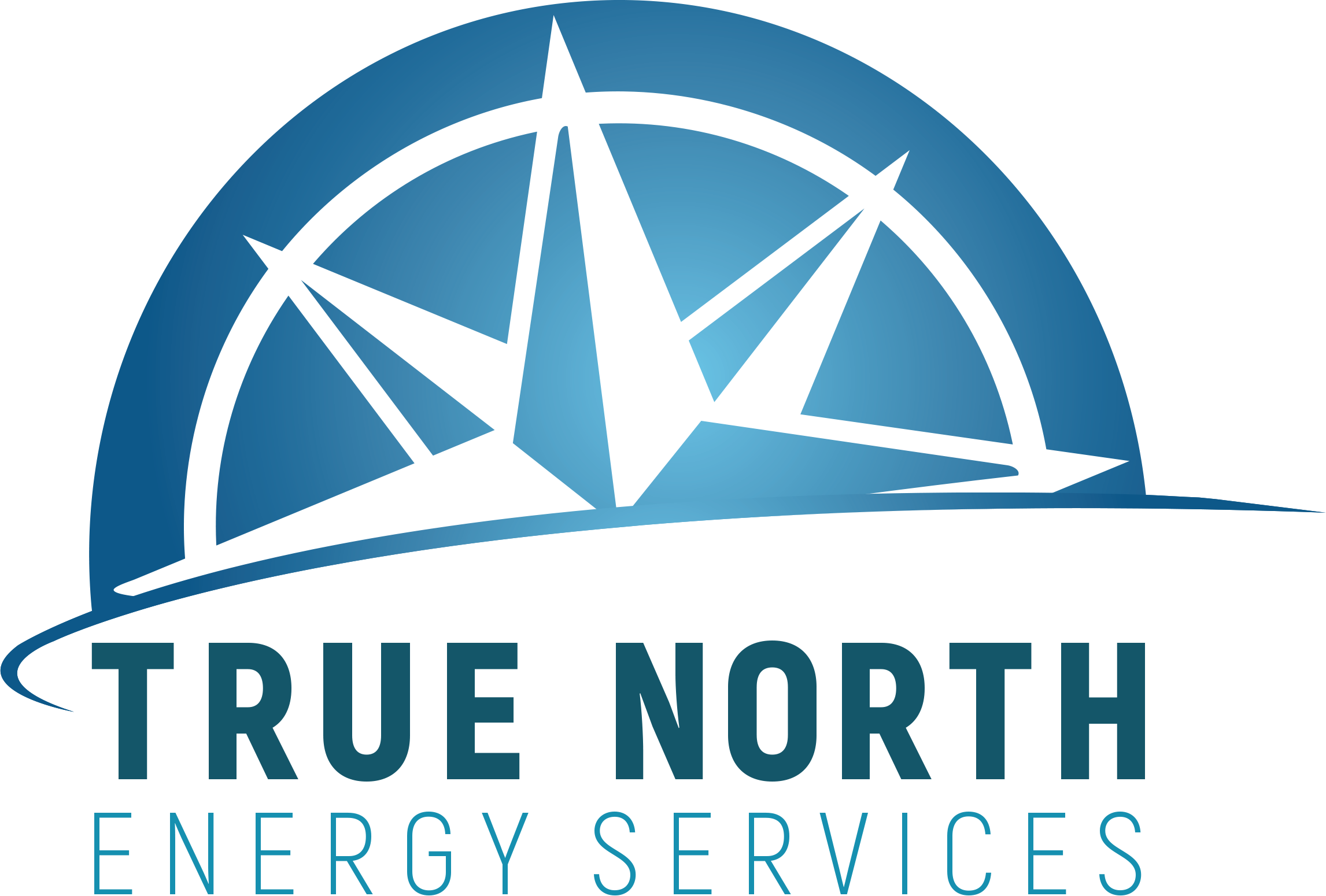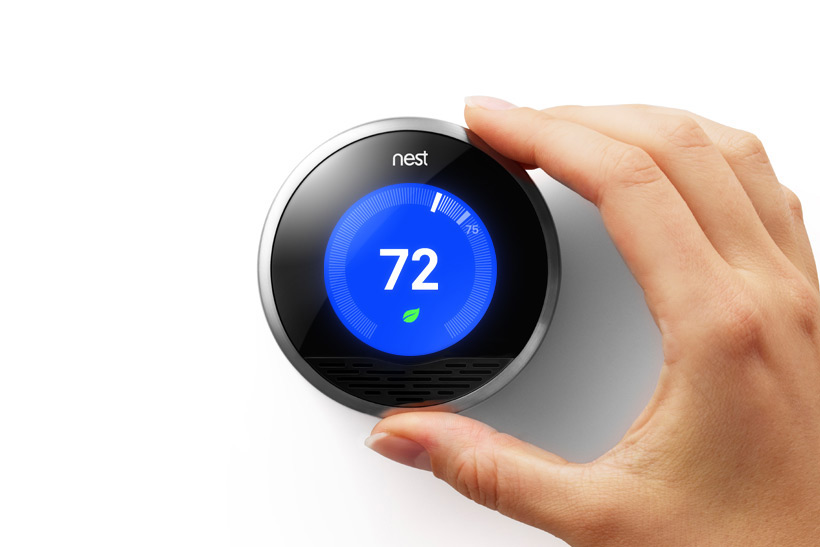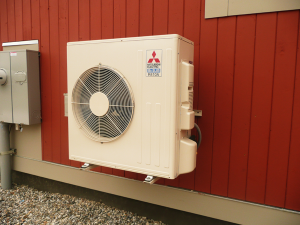Switching to Pellets Reduces CO2 emissions by 90% & Saves 50% on Heating Costs

 Studies show that switching from oil to wood pellets for home heating reduces your carbon footprint by 90% and saves 50% on heating costs. This is wonderful news for the more than 440,000 Maine and 350,000 New Hampshire residents heating with oil who are contributing to the elevated CO2 ranges in New England.
Studies show that switching from oil to wood pellets for home heating reduces your carbon footprint by 90% and saves 50% on heating costs. This is wonderful news for the more than 440,000 Maine and 350,000 New Hampshire residents heating with oil who are contributing to the elevated CO2 ranges in New England.
Although New England is known for it’s pristine environmental reputation, the truth is we are exporting more than $6 billion per year from our local economy to import finite, polluting and increasingly expensive fossil fuels. What’s worse is that by burning large amounts of fossil fuels during the winter, we have some of the worst air quality in our six-state region.
The good news is that we are surrounded by abundant renewable resources in the form of forest (biomass), solar, tidal and wind power which can dramatically reduce our over-reliance on fossil fuels. Even after a century of large-scale, sustainable wood harvesting by the pulp and paper industry, ME and NH are still 90% forested. As the digital age continues to contribute to the paper industry’s decline, Northern New England’s resources are being re-allocated into low carbon wood pellet fuels to be used in conjunction with efficient, modern pellet boilers like Maine Energy Systems.
The rule of thumb in sustainable forestry management is that each year we can harvest 1 cord of wood per acre of forest such that the remaining trees in the stand can digest CO2 emitted by burning the harvested cord; meanwhile the remaining acre will grow another cord of wood for harvest the following year, and so on. This creates a renewable cycle by which we can heat our homes and businesses with clean, low carbon fuel and keep our hard earned dollars at home.
 By looking to Europe, we get accurate CO2 data on pellets vs oil, as they have been heating with pellet boilers for over 20 years due to high taxes and costs for fossil fuels. Ironically, while 80% of Maine homes heat with oil, Maine is a net exporter of wood pellet fuel to Western Europe where more than 30,000 Kedel’s have been installed in the past 5 years. Forever Fuels, a UK company, provides an updated list of the carbon emissions vs fossil fuels on their Carbon Footprint of Wood Pellets page. Here is a brief synopsis of their findings:
By looking to Europe, we get accurate CO2 data on pellets vs oil, as they have been heating with pellet boilers for over 20 years due to high taxes and costs for fossil fuels. Ironically, while 80% of Maine homes heat with oil, Maine is a net exporter of wood pellet fuel to Western Europe where more than 30,000 Kedel’s have been installed in the past 5 years. Forever Fuels, a UK company, provides an updated list of the carbon emissions vs fossil fuels on their Carbon Footprint of Wood Pellets page. Here is a brief synopsis of their findings:
The key point is that the differences between wood pellets from one source and another (and indeed between wood pellets, chip and logs) are generally insignificant compared to the differences between wood pellets and alternative energy sources. Even wood pellets from a supply involving significant transport distances or that is produced with fossil-fired electricity will avoid:
- 90% of the carbon emissions attributable to equivalent natural-gas heating,
- 93% compared to oil-fired heating,
- 96% compared to direct electric heating, and even
- 90% compared to heat-pumps.
A low-carbon-footprint source of wood pellets will avoid:
- 97% of the carbon emissions from natural gas,
- 97.5% compared to oil-fired heating,
- 99% compared to direct electric heating, and
- 97% compared to heat-pumps.
If cutting CO2 emissions by 90+% isn’t enticing enough, switching to a pellet boiler will also reduce your heating costs by 50%. Another way to put it is heating with wood pellets at today’s prices is equivalent to paying $1.80/gallon for oil. Pellet boiler technology has improved so that installation costs have decrease. At present, the cost to install a Kedel pellet boiler is, typically only, $2,000 – $5,000 more than installing an oil boiler. Specialized loan programs such as Efficiency Maine’s Pace or PowerSaver or the NH PUC Wood Pellet Boiler rebate make installing Kedel even more affordable.
It’s time for Maine and NH to step up to the plate and start eliminating oil as quickly as possible. In our region, the average home burns 800 gallons of oil per year. Simply switching to a clean-burning pellet boiler like Kedel can eliminate 100% of household oil consumption and 90% of harmful CO2 emissions plus cut your yearly heating bill in half. Please contact us for a free evaluation and project quote to make the switch to pellet heat.



